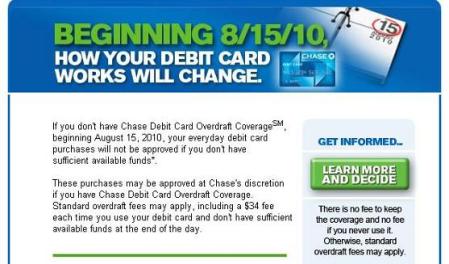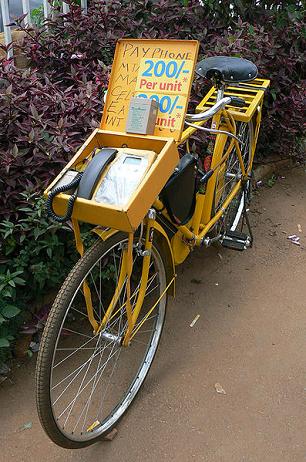As long as you can stick your head out of the window and look at the sky, you do not need to pay for a weather report. And even if you want the weather in an area far away from your location, the National Weather Service will give it to you for free for any city in the US. For example, right now (5:46 PM EST) the temperature in Phoenix, Az is 108 °F, the Dew Point is 57 °F, the wind is WSW at 13 MPH and it’s partly cloudy. All that without costing a penny.
Need the weather in the middle of the Pacific Ocean? Try Oceanweather Inc which will give you the temperature, the wave height, and wave direction for any part of the globe. Again, at no cost to you. I have no doubt that there are free forums you can join to get the number of seagulls per square mile in a given area of the world.
So I have to wonder why anyone would pay $24.99 a year to the Weather Channel for a GOLD membership to get the same weather information they can get for free, even from the Weather Channel itself.
All you get for the money is an interactive screen that helps you track 11 cities you specify. Big friggin deal.
This reminds me of companies who send out direct mail selling people social security information for $9.99 – the same information anyone can get for free from the Social Security Administration.
I suppose the Weather Channel figured they could target these same morons to pay for stuff they can get for free anywhere on the Internet. What a scam.





